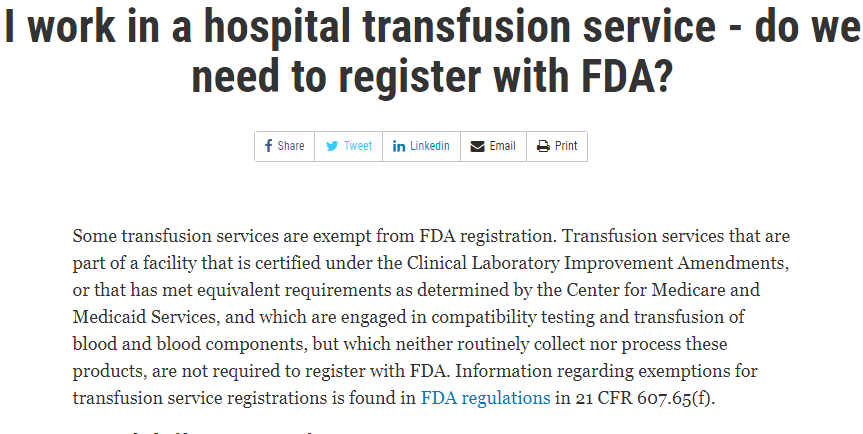The antibodies used for routine ABO and D typing these days are almost universally blended monoclonal antibodies. They are incredibly strong, but they are also highly specific. An individual with a particularly weak expression of either the A or the B antigen may not express all of the epitopes on all of the various "backbone" carbohydrate molecules that express the A or B antigen, Because the monoclonal antibodies are so specific, they may not contain the "correct" specificities to sensitise some of the weaker antigens.
Anti-A and anti-B derived from a human will be polyclonal, and, because of this, these antibodies may not be as strong as the monoclonal antibodies, but they will also be less specific (they are likely to be a whole "soup" of either anti-A or anti-B specificities), and are, therefore, much more likely to sensitise most, or all of the various epitopes. Because of this, if only a few epitopes are expressed, they are much more likely to be sensitised by polyclonal antibodies than monoclonal antibodies.
Obtaining human-derived anti-A and anti-B from a commercial company these days has become very difficult, to say the least. Many people are using either patient-derived plasma, or donor-derived plasma, but, if you are going to use these sources, it would probably be a good idea to perform a quick titration to ensure that they are of a reasonable strength (128 as a minimum), but they should be thoroughly tested to ensure that there no other specificities "hiding" under the desired ABO specificities.
As for the method, the optimum temperature for IgM is about 4oC, and so the tests should be incubated in the cold, and quite possibly the red cells should be treated with a proteolytic enzyme, such as papain or ficin. As for the elution method, the Lui method is very good for ABO elutions, but, equally, the old-fashioned method of elution at 56oC also works well, but needs to be constantly shaken until the eluate is separated from the red cells.
I hope that is of some value to you.


